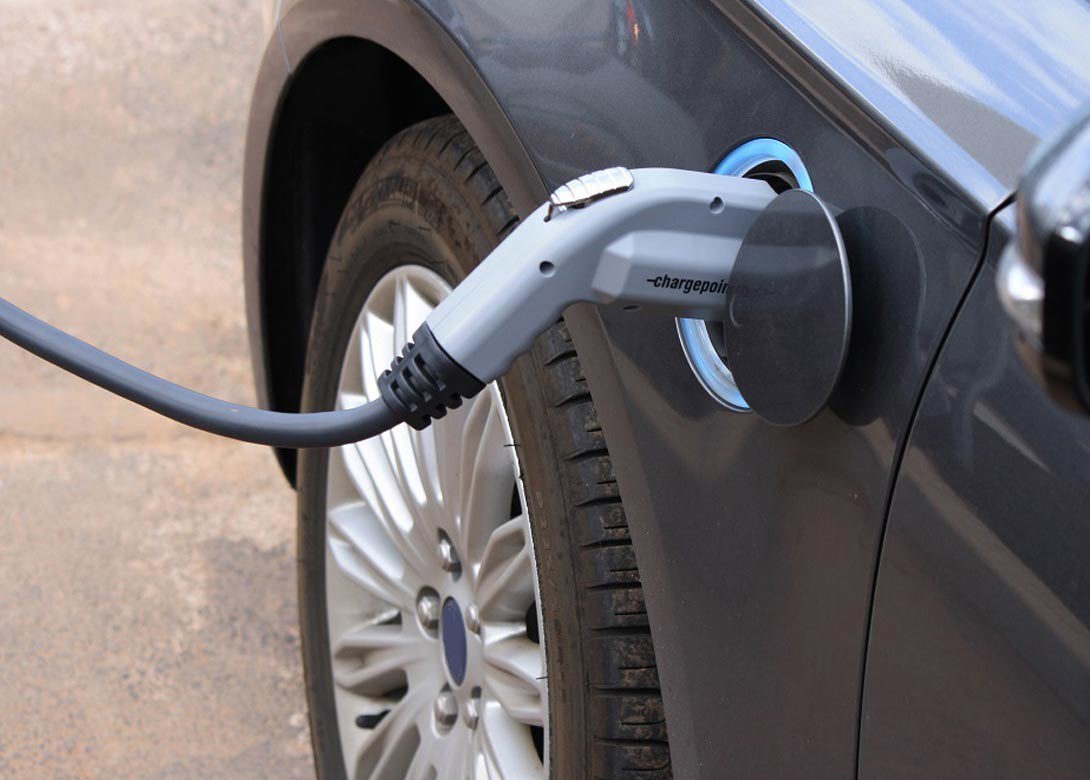
Saint-Gobain Mobility has launched its first bi-metallic tolerance ring, RENCOL® Thermoclad, which it points out will help automotive OEMs and tier 1 suppliers achieve heat transfer properties in electric vehicle (EV) and hybrid motor applications, cutting down on the manufacturing time and space required by adhesives or heat shrink press-fit.
As a lightweight solution acting like a radial spring, tolerance rings fix components together, while compensating for thermal cycling growth and shrinking in motors. RENCOL® Thermoclad has been shown to compete with leading adhesives yet does not require any curing time or energy intensive processes, so manufacturers can save valuable resources during assembly.
As demand for electric and hybrid vehicles is soaring, thermal management of motors has become a critical component for manufacturers to ensure long life and efficiency at the lightest weight. At the same time, emission and carbon footprint reduction, throughout the automotive supply chain, has put further focus on weight reductions during design. In the past, only processes such as heat shrink press fit or adhesives could meet thermal transfer requirements, but these solutions meant compromising on assembly time, space and sustainability.
To find a better solution, Saint-Gobain’s scientists and engineers studied alternatives that could improve thermal joint conductance for high load on motors. In-house testing showed RENCOL Thermoclad rings performed up to 4 times better than standard tolerance rings when it came to thermal transfer, whilst also remaining fast, and using minimal energy, to assemble.
“Our new solution features a steel core sandwiched between outer layers of aluminium, meeting the identified key elements of effective joint conductance,” explains Charles Gage, senior application engineer chassis and powertrain at Saint-Gobain. “There is no more need to compromise. You can have the right retention, reduce manufacturing costs and make factories greener, as well as having the right thermal performance.”
A tolerance ring using the bespoke RENCOL Thermoclad solution will be tailor-made to users’ needs, ready to mount the stator or motor into the housing. From oil pumps, water pumps, air conditioning pumps, eCompressors, hybrid drive systems and turbo chargers, the new solution allows the use of lightweight materials and customers can reduce their manufacturing costs, speeding up processing time to improve process efficiency.
“Tolerance rings don’t require physical space to cool and, as they don’t require heating or curing during assembly, reduce energy consumption compared to alternative solutions,” adds Charles. “Additionally, they eliminate the need to maintain adhesive application systems and the products can be reworked.”

Having spent a decade in the fastener industry experiencing every facet – from steel mills, fastener manufacturers, wholesalers, distributors, as well as machinery builders and plating + coating companies, Claire has developed an in-depth knowledge of all things fasteners.
Alongside visiting numerous companies, exhibitions and conferences around the world, Claire has also interviewed high profile figures – focusing on key topics impacting the sector and making sure readers stay up to date with the latest developments within the industry.
Don't have an account? Sign Up
Signing up to Fastener + Fixing Magazine enables you to manage your account details.